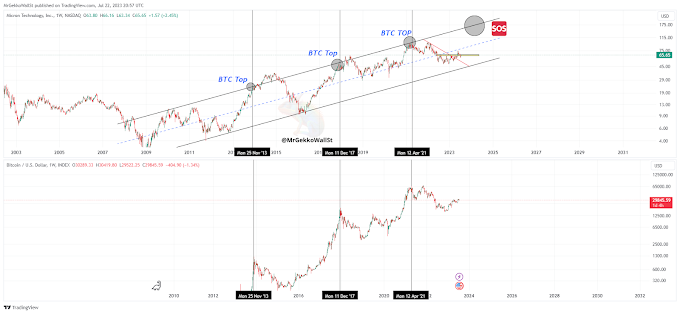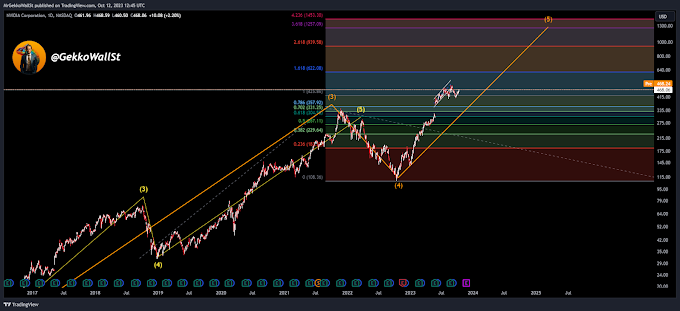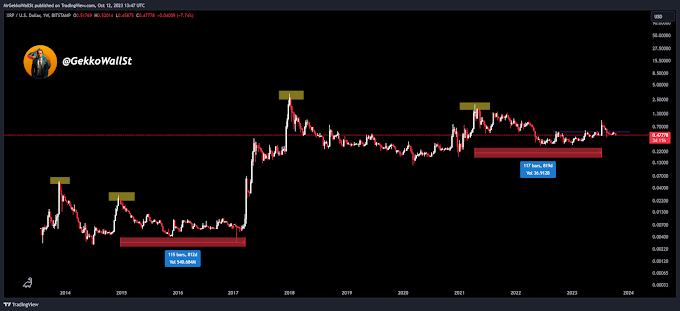Avoiding scams and frauds in cryptocurrencies requires vigilance, research, and caution. Here are some tips to help you stay protected:
1. Education: Understand how cryptocurrencies work, what blockchain is, how transactions are confirmed, and how wallets function. The more you know, the better you'll be at identifying suspicious activities.
2. Trustworthy Sources: Always gather information from trustworthy sources such as official cryptocurrency websites, reputable expert blogs, and respected news outlets. Be cautious of information from anonymous forums and social media.
3. Site Verification: When accessing cryptocurrency exchange or wallet websites, check for SSL certificates (https://) and ensure the URL is correct. Scammers often create fake websites to steal information.
4. Secure Wallets: Use trusted and secure cryptocurrency wallets. Prefer hardware wallets or well-established software wallets, and avoid keeping large amounts of cryptocurrencies on exchanges.
5. Two-Factor Authentication (2FA): Enable two-factor authentication on all cryptocurrency-related accounts. This adds an extra layer of security.
6. Phishing: Be wary of suspicious emails, messages, or links that ask for personal information or passwords. Never click on suspicious links and don't share sensitive information via email.
7. Dubious Offers and Investments: Be skeptical of promises of guaranteed returns or "amazing" investment opportunities. Scammers often use this to lure victims.
8. Social Media and Celebrities: Watch out for scams involving fake celebrity profiles or public figures asking for cryptocurrencies. Always verify the authenticity of accounts.
9. Pre-Research: Before investing in a new cryptocurrency or project, conduct thorough research. Check the team behind it, the real-world use of the technology, and the project's viability.
10. Backup and Recovery: Keep backups of your private keys or recovery seeds in secure locations. This can help restore access to your wallet in case of loss or theft.
11. Regulation and Compliance: Be aware of regulations in your country regarding cryptocurrencies. Many scams take advantage of regulatory gray areas.
12. Critical Thinking: Maintain a critical mindset when evaluating cryptocurrency-related opportunities. If something seems too good to be true, it's likely a red flag.
Remember, security is a personal responsibility. Staying informed, exercising caution, and taking proactive measures are essential to protect your assets and avoid scams and frauds in the cryptocurrency space.





